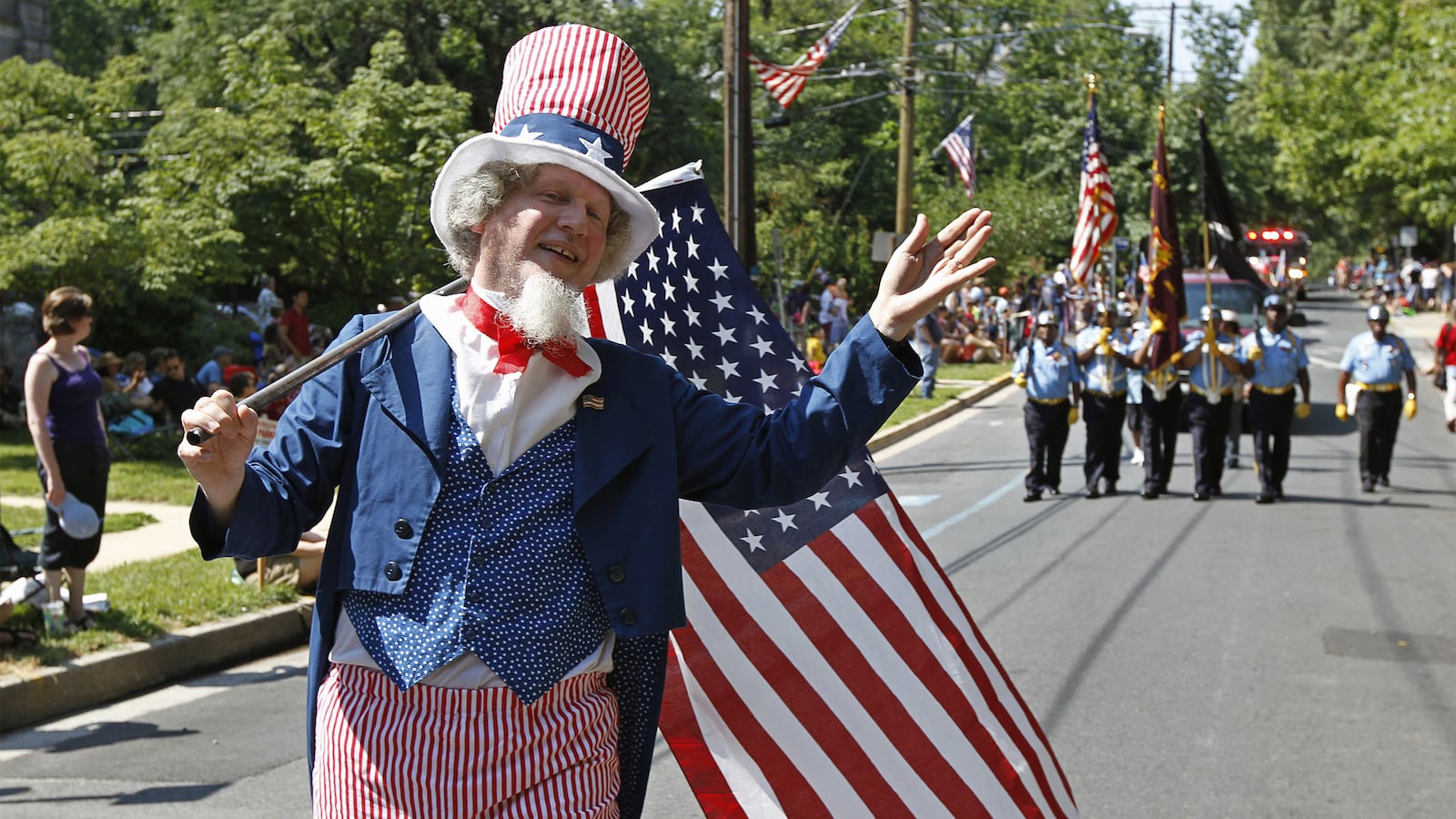As you settle back into your beach chair, crack a can of domestic brew and contemplate which over-the-counter ICBM to potentially start a wildfire with, you should pause, just for a moment, and remember that this nation we are all so thankful for is still in the midst of some painful adjustments.
Charleston is still reeling from a race-based massacre, there is still significant support for a flag that symbolizes bondage, hate, and death, and churches of predominantly black congregations are being “mysteriously” torched.
It’s hardly a secret that race is an issue we’ve wrestled with since our nation’s inception.
Even as they drafted the Declaration of Independence, the Founding Fathers were aware of the role it played, and would play. According to this piece at Talking Points Memo by Fitchburg State University’s Ben Railton, Thomas Jefferson, then a slave owner himself, added the following lines to a draft of the Declaration, which were a dig at the Britain’s King George:
He has waged cruel war against human nature itself, violating its most sacred rights of life and liberty in the persons of a distant people who never offended him, captivating and carrying them into slavery in another hemisphere, or to incur miserable death in their transportation hither … And he is now exciting those very people to rise in arms among us, and to purchase that liberty of which he had deprived them, by murdering the people upon whom he also obtruded them: thus paying off former crimes committed against the liberties of one people, with crimes which he urges them to commit against the lives of another.
The paragraph is equally, as Railton notes, “progressive and racist,” and never made it past the revisions of the Declaration. Later, in drafting the Constitution, the North and South reached a compromise of counting each slave as 3/5 of a person as far as determining population and thus federal governmental representation, and also served to give the South a voting advantage against the Northern states. It wasn’t until the nearly a hundred years later that the Thirteenth Amendment, which abolished slavery entirely in 1868, that this was struck from the document that is supposed to be the backbone and moral compass of our government.
But still, Railton notes, language from both the Declaration of Independence and, later, the Massachusetts State Constitution, would be used repeatedly in the courts by African Americans for “political and social purposes,” finally leading to Massachusetts’ outlawing of slavery on state constitutional grounds.
Frederick Douglass brought these issues to the forefront in his now famous “What to the Slave is the Fourth of July?” speech on July 5, 1852, in which he wondered if it was a sick joke to ask him, an escaped slave, to celebrate a nation that held thousands of his fellow men as property.
“This Fourth of July is yours, not mine. You may rejoice, I must mourn.”
Fast-forward 163 years, and we’ve come a long way, it’s true. But even as we celebrate a black president and equal rights on paper, the cancer of hate is still writhing in not just our underbelly but in the spotlight, from celebrities who have a platform and voice, no matter how buffoonish and full of idiotic vitriol they are.
But there is hope.
There are brave voices who aren’t afraid to stand up to institutionalized racism, even at risk of their own personal freedom. So, when you crack that cold one and launch those personal pyrotechnics, take a moment to stare into their fading brilliance and be thankful not just for this beloved nation and the countless freedoms and microbrews it allows us, but also for the history of outspoken bravery that forms our core, refusing to give in to racism and intolerance’s despicable cancer.






